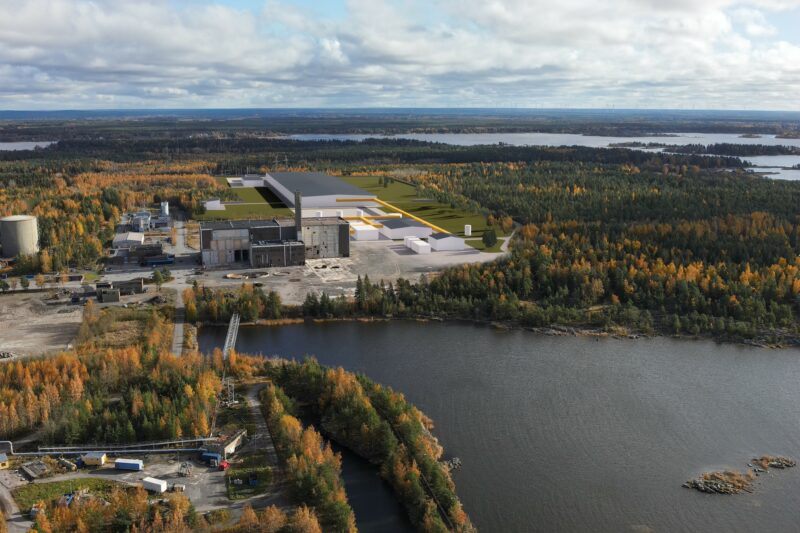Solution provider

Ramboll is a leading international architecture, engineering, and consultancy company, owned by the Ramboll Foundation.
Case
Green hydrogen
Land transport
Power-to-x


Ramboll is a leading international architecture, engineering, and consultancy company, owned by the Ramboll Foundation.
Add the case to your visit request and let us know that you are interested in visiting Denmark
As part of the Koppö Energy Cluster, the Kristinestad Power-to-X plant is set to be Finland’s largest Power-to-X initiative, converting 200 MW of green electricity into hydrogen and sustainable liquefied synthetic methane using completely emission-free renewable energy sources. The project also includes the parallel development of up to 500 MW of wind and 100 MW of solar power to supply the Power-to-X plant with new green electricity.
The first of its kind, the project is expected to be ten times larger, in capacity terms, than the largest green hydrogen plants currently operating in Europe. The resulting product can be used for heavy transport, which currently mainly relies on fossil fuels.
Ramboll is mandated for the overall plant front-end engineering design (FEED) and the incorporation of the original equipment manufacturer (OEM) deliverables from the three selected contractors: Andritz responsible for the entire hydrogen plant including the electrolyser provided by HydrogenPRO, MAN responsible for the application of its DWE reactor technology for methanation, and Wärtsilä responsible for the liquefaction and storage of the liquefied synthetic methane (LSM).
The liquefied synthetic methane or e-methane is produced from combining CO2 with green hydrogen, which has the same chemical properties as natural gas. The CO2 needed to produce e-methane will come from a waste-to-energy plant in Vaasa and it will be delivered to the plant by trucks.
The Power-to-X plant is expected to produce 25,000 tonnes of green hydrogen per year, which will be converted into 50,000 tonnes of e-methane for export via ship to Germany. The client aims at the German heavy transport industry as the offtake market due to its high dependency on fossil fuels. There are currently 5,000 trucks in Germany running on liquefied natural gas (LNG). Substituting the LNG with e-methane is expected to reduce the CO2 emissions by 95%.